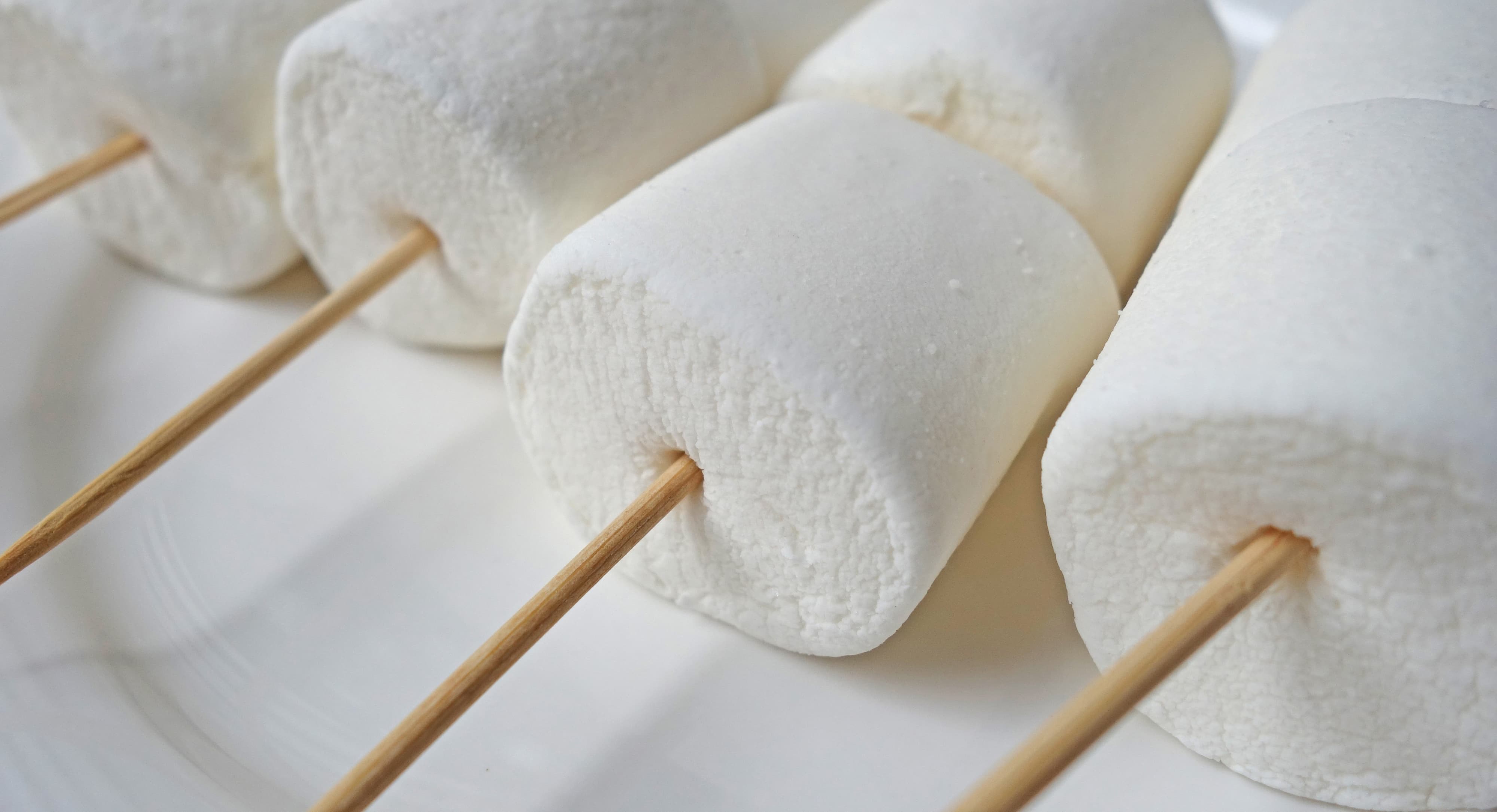Food or confectionery - an important distinction for VAT!

23 October 2024
Whether Jaffa Cakes were cakes or biscuits was once the height of VAT complexity. However, a recent tranche of decisions released by the courts has taken this matter to new heights.
Since the Jaffa Cakes issue was decided in 1991, many alternative snacks have entered the market, not least: cereal bars, flapjacks, porridge oat bars, fruit bars, cake bars and variants of these bars using protein as the primary ingredient. Broadly speaking, the courts have determined that none of these items are cakes or biscuits. So, what are they?
To answer this question the courts have considered whether such snacks should be regarded as general food (zero-rated) or confectionery (standard-rated) on a case-by-case basis. This is a more nuanced argument as it is not confined to definitions for specific food items (i.e. cakes and biscuits) as was the case with Jaffa Cakes.
1. Innovative Bites
This case involved ‘Mega Marshmallows’. Which are described as twice the size of regular marshmallows and “perfect for roasting, s’mores or just snacking”. The taxpayer argued that the products were not usually consumed as a snack, like confectionery: rather, they were intended to be roasted or used as an ingredient.
The courts considered the effect of ‘Note 5’ of the relevant VAT rules: "...'confectionery’ includes…any item of sweetened prepared food which is normally eaten with the fingers.”
The court decided Note 5 was a “rebuttable presumption”, meaning that, despite satisfying this definition, all factors should be considered to determine the nature of the product. With that in mind, the court decided Mega Marshmallows were not confectionery, due to use and marketing of the product.

2. Morrisons
The products considered were Organix and Nakd bars. In this case, the court again conducted a multifactorial assessment, placing reliance on the ingredients, manufacturing, appearance and taste, and circumstances of consumption. Less weight was afforded to marketing, packaging, or healthiness, leading the court to find that such products were confectionery.
3. Duel Fuel
The products in this case were a flapjack and brownie. The level of protein included in the products (as opposed to traditional baking ingredients) led the courts to determine that these items were not cakes. Further, that the items were sweetened was, again, given greater significance than the marketing and potential health benefits of the products. The court ruled these items to be confectionary.
Next steps
This leaves the VAT rules in an uncomfortable position of having decided: 1) extra-large servings of marshmallows (made of sugar and gelatine) are zero-rated and not confectionery, as the marketing and use was decisive; 2) dates and raisins squashed together with nuts (with no added sugar) are standard-rated as confectionery, with marketing of lesser importance; and 3) flapjacks and protein brownies are not cakes and are, again, standard-rated as confectionery, not least due to levels of sweetness.
The difficulty for taxpayers is clear. Deciding which factors are most significant and, therefore, which rules apply is fraught with uncertainty.
We suggest taxpayers conduct their own multifactorial assessments, to determine the VAT liability of their products prior to potential challenge by HMRC, particularly where reliance is placed upon products qualifying for zero-rating. In the right circumstances, it may also be preferable to approach HMRC to request its agreement with the VAT liability applied. Such measures may mitigate the risk of HMRC successfully challenging zero-rating of such products, and applying penalties if it does.
For more information, feel free to get in touch with me at glen.small@jcca.co.uk or another member of our VAT team.
